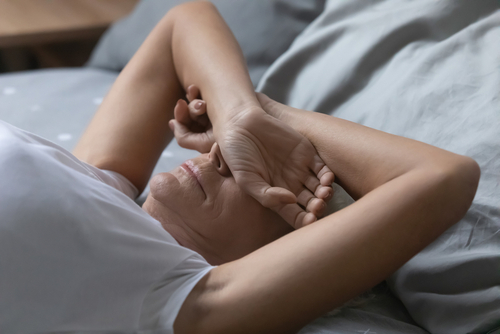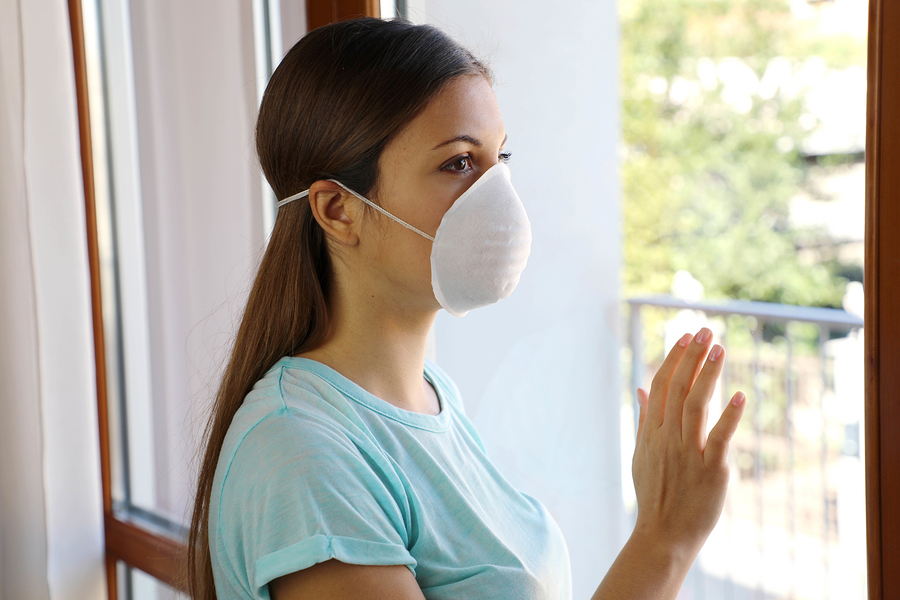In general published guidelines suggest that adults we need about 8 hours sleep a night to maintain optimum health, with teenagers and younger children needing a lot more. Whilst there are always variations in terms of hereditary traits both in terms of length of sleep and times we like to go to sleep there are some general rules which can help guide you to make sure you are getting enough sleep.
Top 5 tips
1) Go to bed in your natural sleep window
We have a natural, prehistoric, sleep window of between 8pm to 12am, which is when it was dark and when we would begin to feel tired and need to sleep after a hard days hunting. Within this period ‘optimum’ time to go to sleep is probably between 10pm and 11pm, as this is when our body temperature starts to drop, which helps signal to the brain that it’s time to go to bed.
2) Check that this fits with your individual chronotype
Chronotypes are our hereditary sleep trait. Some of us tend to be morning larks (early risers) and others night owls (late to bed). Our chronotype can shift your sleep wake cycle, from the average window, by as much as an hour. Try to go to bed when you first feel sleepy at night, as this is likely to fit your natural sleep window.
3) Calculate your sleep in full sleep cycles
We naturally sleep in cycles rather than hours. A sleep cycle typically lasts for 90 minutes. Each cycle starts with two stages of light sleep, then moves into two stages of deep, and we wake up more refreshed if we come around at the end of a full 90-minute sleep cycle, rather than the middle. Use multiples of full cycles of sleep, and work back from when you need to set your alarm. This allows you to calculate the time to go to bed to get a perfect night’s sleep. For example if you need to wake up at 7.00am and need 7.5 hours of sleep per night (5 full cycles), you need to aim to be asleep at 11.30pm at night. Similarly, 9 hours of sleep (6 cycles) is a natural break, as is 6 hours.
4) Tweak this system until you can wake up without using an alarm
Keep moving your bedtime earlier until you can wake up without an alarm, this is when you know you have had enough sleep
5) Keep to this routine even at weekends
Aim to go to bed and wake up at the same time 7 days a week as this restores and maintains your natural body clock, and makes it easier to get to sleep easily in the week.









